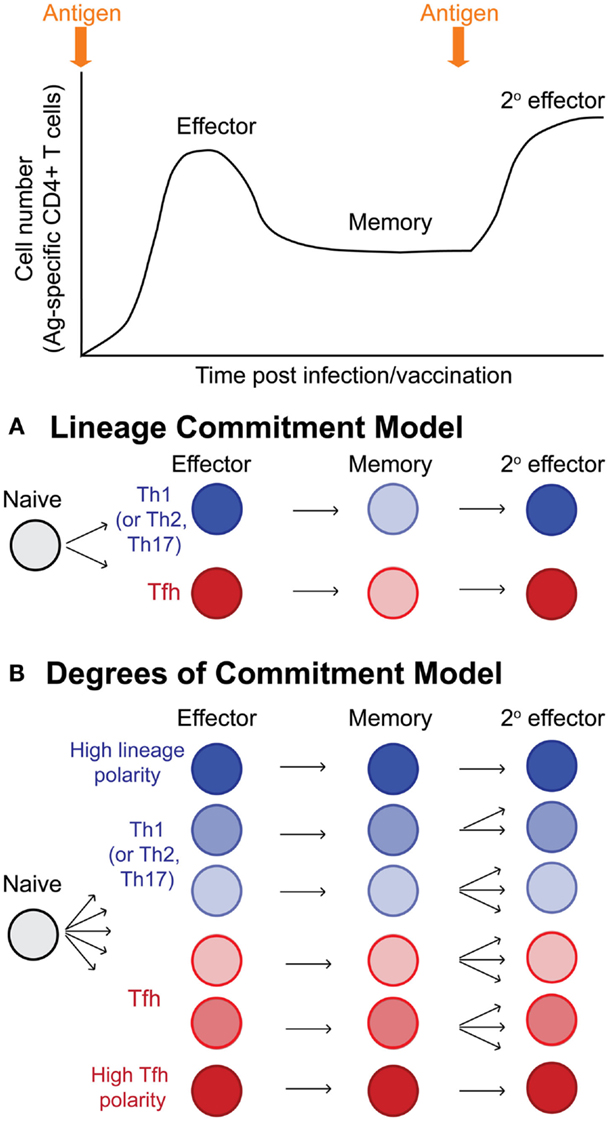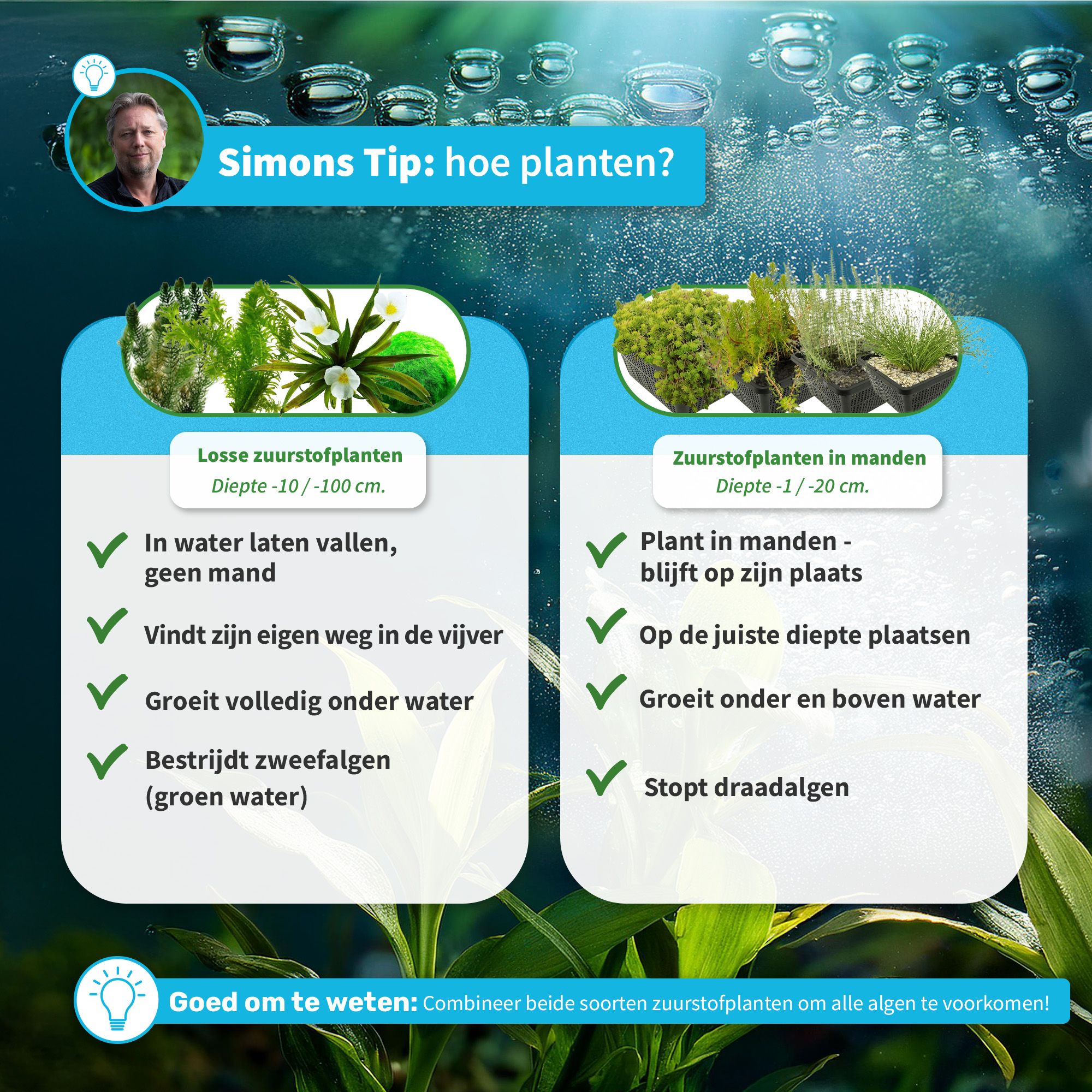Early Childhood Education Degree: Career Paths and Opportunities
Early childhood education degree: career paths and opportunities
An early childhood education degree equips graduate with specialized knowledge and skills to work with young children during their well-nigh formative years. This versatile qualification open doors to numerous career paths, continue education opportunities, and the chance to make a meaningful difference in children’s lives. Whether you’re considered this educational path or already have your degree, understand the full scope of possibilities can help you maximize your career potential.
Teaching positions available with an early childhood education degree
The virtually direct application of an early childhood education degree is classroom teaching. These positions allow you to flat shape young minds during critical developmental periods.
Preschool teacher
Preschool teachers work with children typically between ages 3 5, create engage learning environments that promote social, emotional, physical, and cognitive development through play base activities. Accord to the bureau of labor statistics, preschool teachers earn a median annual salary of roughly $31,930, with job growth project at 15 % over the next decade — often lloyaler thanaverage.
Kindergarten teacher
Kindergarten teachers introduce young children to formal education, balance academic foundations with developmental needs. This role typically require state certification along with your degree. The median annual salary for kindergarten teachers is around $60,660, with steady job growth expect.
Elementary school teacher (early grades )
Much early childhood education graduate transition to teaching beginning through third grades, specially those who complete additional certification requirements. These positions involve more structured curriculum delivery while ease address developmental needs of young learners. Elementary school teachers earn a median annual salary of roughly $60,940.
Special education teacher
With additional specialized training, early childhood education graduates can work as special education teachers focus on young children with developmental delays, learn disabilities, or other special needs. These positions typically offer higher compensation, with median annual salaries around $61,500, reflect the specialized skills require.
Educational administration roles
As you’ll gain experience, an early childhood education degree can lead to administrative positions where you will shape educational programs and policies.
Childcare center director
Childcare directors oversee operations of preschools, daycare centers, or other early childhood programs. Responsibilities include staff management, program development, budget administration, and ensure compliance with regulations. The median annual salary for childcare center directors is roughly $49,160.
Preschool or elementary school principal
With significant teaching experience and typically a master’s degree in education administration, early childhood educators can advance to principal positions. These roles involve oversee all aspects of school operations, curriculum development, and staff supervision. School principals earn a median annual salary of around $98,490.
Early childhood program coordinator
These professionals develop, implement, and evaluate early childhood programs within schools, community organizations, or government agencies. They oftentimes focus on curriculum development, teacher training, and quality improvement. Salaries typically range from $45,000 to $$65000 depend on the organization and location.
Specialized support roles in education
An early childhood education degree provides excellent preparation for specialized positions support children’s development.
Early intervention specialist
These professionals work with infants and toddlers (birth to age 3 )who have developmental delays or disabilities. They conduct assessments, develop individualized family service plans, and provide direct intervention services. Early intervention specialists typically earn between $ $4000 and $ 6$600 yearly.
Child life specialist
Child life specialists work in healthcare settings, help children cope with illness, hospitalization, and medical procedures through play, preparation, and emotional support. This role typically require certification from the association of child life professionals in addition to your early childhood education degree. The median salary is roughly $60,000.
Read specialist
With additional certification or a master’s degree, early childhood educators can specialize in literacy development, work with young children who struggle with reading acquisition. These specialists assess read difficulties, develop intervention strategies, and provide specialized instruction. Read specialists typically earn between $50,000 and $$70000 yearly.
Alternative career paths beyond the classroom
Your early childhood education degree provide transferable skills valuable in numerous fields outside traditional classroom settings.
Curriculum developer
Curriculum developers create educational materials, lesson plans, and learn activities for early childhood programs, educational publishers, or educational technology companies. This role combine teach knowledge with creative content development. Salaries typically range from $55,000 to $$75000.

Source: degreeplanet.com
Educational consultant
Educational consultants provide expertise to schools, childcare centers, families, or educational organizations. They might specialize in areas like program quality improvement, classroom management, or inclusive practices. Consultants much work severally, with earnings vary wide base on experience and client base, typically range from $50 to $$150per hour.
Child and family advocate
Advocates work with nonprofit organizations, government agencies, or policy groups to promote policies and programs that support children’s wellspring being and educational opportunities. This role applies your understanding of child development to broader social and policy contexts. Salaries typically range fro$4040,000 to$655,000 depend on the organization.
Educational researcher
With advanced degrees, early childhood educators can conduct research on child development, educational practices, or program effectiveness. Researchers work at universities, research institutions, or government agencies, contribute to the knowledge base that inform educational practice. Salaries typically start around $60,000 and can exceed $$100000 with experience and advanced credentials.
Corporate and business opportunities
The business sector progressively value expertise in early childhood development for various roles.
Corporate childcare director
Many large corporations offer on site childcare for employees. Directors of these programs combine early childhood expertise with business management skills. These positions typically offer competitive salaries range from $55,000 to $$80000, much with corporate benefits packages.
Educational toy or product developer
Companies create toys, books, or educational materials seek professionals with early childhood expertise to ensure products align with developmental needs and educational goals. These positions combine creative design with child development knowledge. Salaries typically range from $50,000 to $$70000.
Parent education coordinator
These professionals develop and lead programs that help parents support their children’s development and learning. They might work for community organizations, healthcare systems, or corporate family support programs. Salaries typically range from $40,000 to $$60000.
Advanced degree options to enhance your career
An early childhood education degree can serve as a foundation for further specialized education.
Master’s in education administration
This advanced degree prepare you for leadership roles in schools and educational organizations, focus on management, policy implementation, and program evaluation. Graduates can pursue positions as principals, program directors, or district level administrators.
Master’s in special education
Specialize in special education at the graduate level qualify you for advanced roles work with children with disabilities, develop specialized interventions, and lead inclusive education initiatives.
Master’s in child development
This degree deepen your understanding of developmental processes and research methods, prepare you for roles in research, program development, or specialized intervention services.
Master’s in counseling
Build on your understanding of child development, a counseling degree prepares you to provide mental health support to children and families, address behavioral, emotional, or adjustment challenges.
Entrepreneurial opportunities
An early childhood education degree provide knowledge and credibility for start your own education relate business.
Private preschool or childcare center
Many early childhood educators establish their own educational programs, implement their vision for quality early learning experiences. While startup costs can be significant due to facility and licensing requirements, successful centers can generate substantial income.
Educational resource company
Create and sell learning materials, activity guides, or curriculum resources allow you to share your expertise with a broader audience. Digital platforms have made it easier to develop and distribute educational resources with comparatively low startup costs.
Professional development provider
Experienced educators can develop training programs for other teachers, offer workshops, online courses, or coach services. This business model leverage your expertise while allow flexible work arrangements.
Maximize your early childhood education degree value
To make the most of your degree, consider these strategies for career advancement and satisfaction.
Pursue specialized certifications
Additional certifications in areas like Montessori education, Reggio Emilia approach, or specific intervention methods can distinguish you in the job market and qualify you for specialized positions. Professional organizations like the national association for the education of young children (nnaan))ffer various certification programs.
Develop technological competence
Familiarity with educational technology, digital assessment tools, and online learning platforms enhance your versatility in today’s educational environments. Consider courses or certifications in educational technology to complement your early childhood expertise.
Build a professional network
Connections with other educators, administrators, and child development professionals can open doors to job opportunities and collaborative projects. Join professional associations, attend conferences, and participate in online communities relate to early childhood education.
Document your impact
Maintain a portfolio showcase your work with children, curriculum development, assessment strategies, and professional growth. Concrete examples of your effectiveness will strengthen applications for advanced positions or graduate programs.
The future of early childhood education careers
Several trends are shape the landscape for early childhood education professionals:
Increase recognition of early learning importance
Research systematically demonstrate the critical importance of early experiences for brain development and long term outcomes. This grows awareness is drive increase investment in quality early childhood programs, create more opportunities for qualified professionals.
Expand public pre k programs
Many states and municipalities are expanded access to public preschool programs, create new teaching and leadership positions. These programs typically offer better compensation and benefits than private childcare settings.
Focus on inclusive practices
The field is progressively emphasize inclusive approaches that support diverse learners within the same environment. Professionals with skills in will differentiate instruction and will support children with varied needs will be specially valuable.

Source: besteducationdegrees.com
Integration of technology
While maintain appropriate developmental practices, early childhood programs are thoughtfully incorporate technology as a learn tool. Educators who can efficaciously will evaluate and will implement appropriate technology will have an advantage.
An early childhood education degree open doors to diverse career paths that extend far beyond the traditional classroom. By understand the full range of opportunities and strategically build your skills and experience, you can create a fulfilling career path that align with your interests, strengths, and life circumstances. Whether work direct with children, shape educational policy, develop resources, or support families, early childhood professionals play a crucial role in build the foundation for lifelong learning and development.
MORE FROM grabscholarships.de













